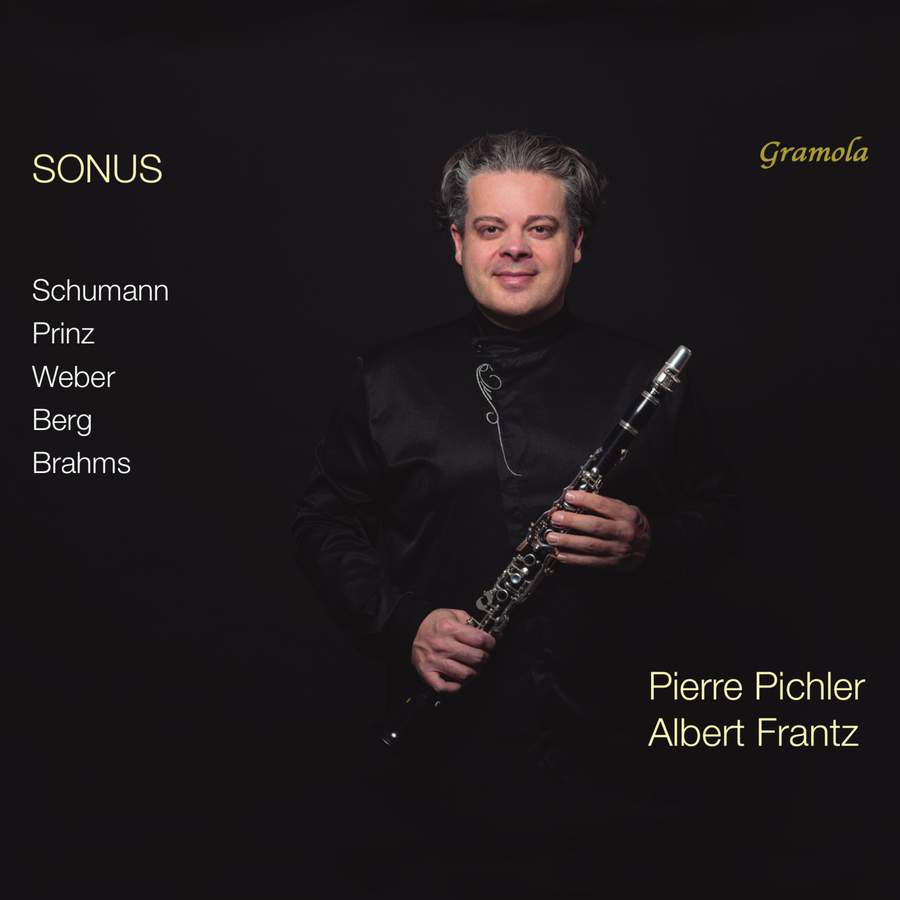Περιγραφή
Καλλιτέχνες
|
The Austrian clarinetist Pierre Pichler, who has also made a name for himself as a conductor of numerous orchestras, combines works for clarinet and piano from the “Golden Age” of the clarinet (which one might declare starting with Mozart’s works for this instrument) to the 20th century together with the pianist Albert Frantz on his album “SONUS”. Robert Schumann’s Fantasy Pieces, Op. 73 is probably one of the best-known clarinet works of the Romantic period, but Carl Maria von Weber also created numerous “classics” for the clarinet, including the Grand Duo concertant for Clarinet and Piano, Op. 48. The Austrian clarinetist Alfred Prinz (1930-2014), with whom Pierre Pichler was still in personal contact, was a member of the Vienna Philharmonic Orchestra for over half a century, and was also active as a composer of numerous works, like orchestral works, chamber music and songs. His Five Pieces, Op. 93, are partly dance-like, partly capricious, partly elegantly ingratiating, they depict small character images in an imme-diately understandable, tonal musical language, which reconcile the joy of playing with the joy of listening. This was not the primary goal of Alban Berg in his Four Pieces for Clarinet and Piano op. 5 from 1913, which, although the conventional major-minor system has already been overridden here, can also be described as character pieces. The album finds its ending with the Sonata No. 2 for Piano and Clarinet, Op. 120/2 by Johannes Brahms, who only devoted himself to this instrument towards the end of his creative period. |










